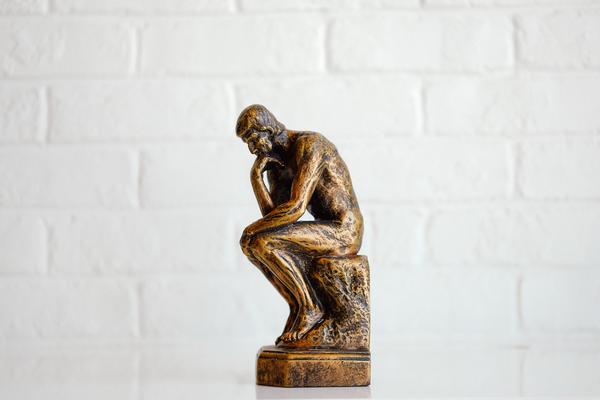Human Sciences Preliminary Examination paper 4b
Current and classic discussions of explanatory strategies and social mechanisms, models of individual action and the consequences of aggregation. Empirical research involving these approaches in areas of substantive sociological interest such as social class, ethnicity, religion, the family, politics.
- 6 lectures in Hilary Term: Dr Christiaan Monden
- 6 lectures in Michaelmas Term: Dr Alex Janus and Dr Paolo Campana







